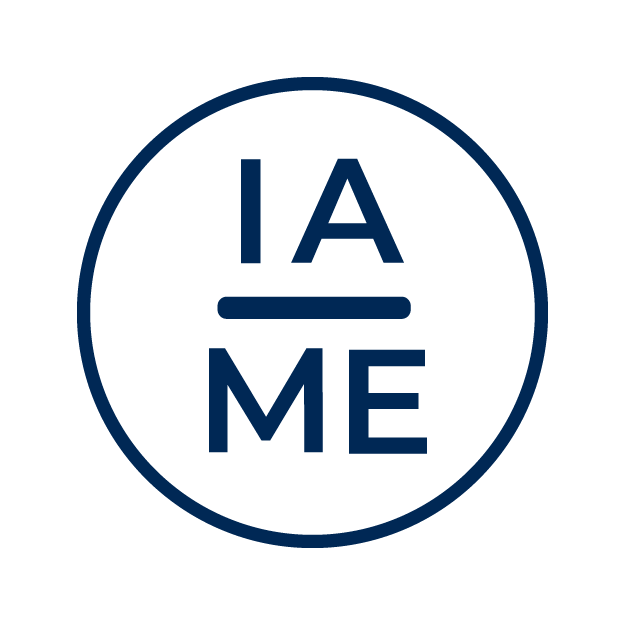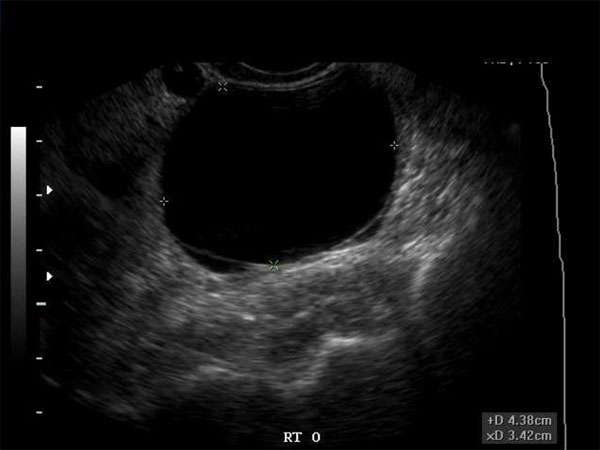[ad_1]
Unveiling the Accreditation Process: Behind the Scenes of ACCME
Introduction
For healthcare professionals, staying up-to-date with the latest advancements and best practices is crucial to providing the highest quality of care. Continuing Medical Education (CME) plays a vital role in ensuring that doctors, sonographers, nurse practitioners, and other healthcare professionals are equipped with the knowledge and skills necessary to deliver optimal patient care.
What is ACCME?
The Accreditation Council for Continuing Medical Education (ACCME) is the governing body responsible for accrediting CME programs in the United States. ACCME’s mission is to promote and support high-quality CME that fosters lifelong learning and professional development among healthcare professionals.
The Accreditation Process
The accreditation process involves a comprehensive evaluation of the CME program’s educational activities, organizational structure, and adherence to ACCME’s accreditation criteria. Let’s take a look behind the scenes of ACCME’s accreditation process:
1. Application Submission
CME providers, such as medical associations, hospitals, and academic institutions, must submit an application to ACCME for accreditation. The application includes detailed information about the organization, its educational activities, and its compliance with ACCME’s criteria.
2. Self-Study
After the application submission, the CME provider conducts a self-study to assess its compliance with ACCME’s accreditation criteria. This involves a thorough evaluation of the educational activities, faculty qualifications, learner outcomes, and mechanisms for gathering feedback and evaluating the effectiveness of the program.
3. On-Site Evaluation
ACCME conducts an on-site evaluation of the CME provider to verify the information provided in the application and self-study. This evaluation includes interviews with key personnel, reviewing documentation, and observing educational activities.
4. Decision and Accreditation Term
Based on the application, self-study, and on-site evaluation, ACCME makes a decision regarding the accreditation status of the CME provider. The accreditation term is typically for a period of four years, during which the provider must maintain compliance with ACCME’s criteria and undergo annual reporting.
Requirements for CME
CME activities must meet certain requirements to be eligible for accreditation. These requirements include:
1. Educational Objectives
CME activities must have clearly defined educational objectives that outline the expected knowledge, skills, or attitudes that participants will achieve upon completion of the activity.
2. Content Validity
The content of CME activities must be based on the best available evidence and current best practices in the field. It should be free from commercial bias and reflect a balanced approach to different perspectives.
3. Evaluation and Feedback
Providers must have mechanisms in place to evaluate the impact of their CME activities on participants’ knowledge, competence, and performance. Participant feedback should be used to improve future activities.
4. Independence and Integrity
CME providers must ensure the independence and integrity of their educational activities. This includes disclosing any potential conflicts of interest and taking steps to mitigate their influence on the content or presentation of the activity.
The Importance of CME
CME is essential for healthcare professionals to maintain and enhance their knowledge and skills. It allows them to stay abreast of the latest advancements, guidelines, and best practices in their respective fields. Continuous learning through CME enables healthcare professionals to provide the highest quality of care to their patients and improve patient outcomes.
Participating in accredited CME activities also demonstrates a commitment to professional growth and development. It enhances professional credibility and can open doors to career advancement opportunities.
Conclusion
The accreditation process by ACCME ensures that CME providers meet the highest standards in delivering educational activities for healthcare professionals. By participating in accredited CME, sonographers, doctors, nurse practitioners, and other healthcare professionals can enhance their knowledge, skills, and ultimately improve patient care. Embracing lifelong learning through CME is not only a professional responsibility but also a pathway to professional success.
Keywords: ACCME, accreditation process, CME requirements, importance of CME, healthcare professionals, sonographers, doctors, nurse practitioners, continuing medical education
[ad_2]






